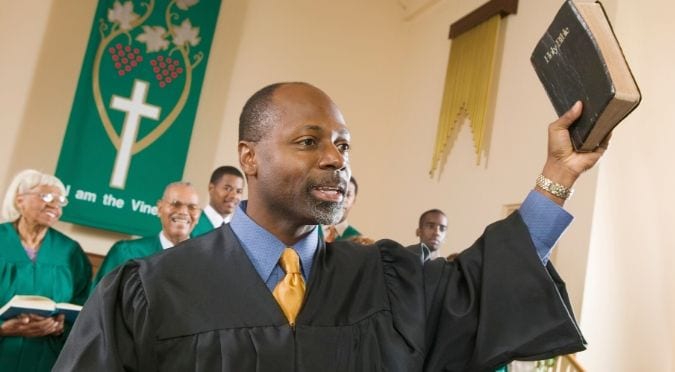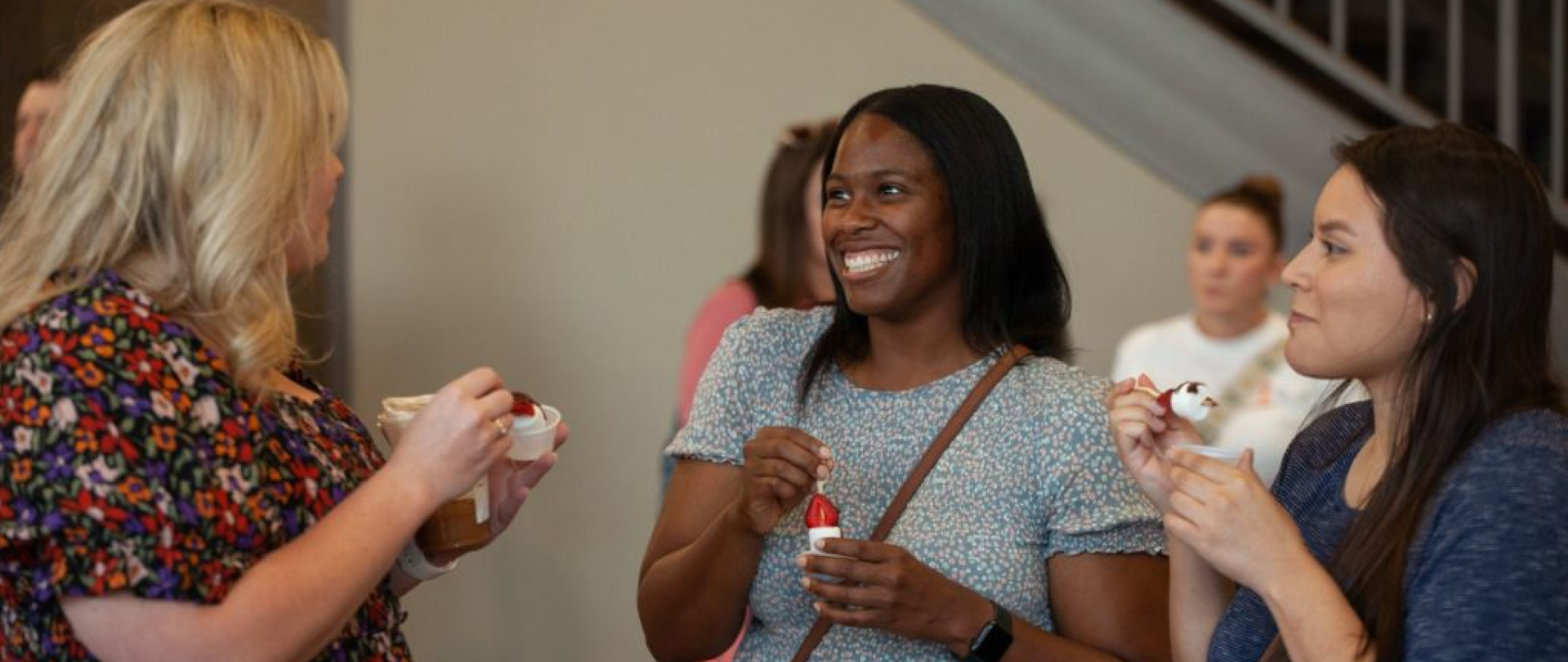Starting a Singles Ministry: The Importance of Inclusion
Singles ministry isn’t just a small section of the church scene; it’s vital to engaging and nurturing the faith community. Think about it. Today’s church isn’t just for families and couples. It’s young adults, professionals moving for work, and those finding their faith at different stages of life. Singles are collegiates, young adults, never-married, dating, engaged, divorced, single parents, widows, and same-sex attracted. Start your singles ministry with inclusion for singles of all backgrounds to be complete in Christ. It’s ensuring everyone has a seat at the table, or better yet, there’s a table where everyone feels welcome. The church strengthens its community by inviting diverse perspectives and experiences that enrich everyone’s spiritual journey. So, including a robust singles ministry isn’t an extra; it’s essential. It signals that the church is a place for everyone, regardless of marital status.
Top 5 Singles Ministry Resources Overview
When it comes to singles ministry, having the right resources can make all the difference. Let’s dive straight into the top 5 resources that can help your church effectively engage with singles.
First up, Be Single Friendly Coaching. These interactive coaching sessions offer churches a space to learn about what it means to be single-friendly. Our coaching’s are customized and live in-person or online video training with your core church leadership.
Second, we’ve got Online Forums and Groups. Platforms like Facebook host numerous groups, including ours, where singles can find community, support, and advice from peers navigating similar life stages. These groups offer a blend of anonymity and community, making them an excellent space for honest discussions.
Next, our Website is a treasure trove of articles, podcasts, and discussions on faith, dating, and life as a single adult. With content that’s both deep and accessible, Table for One provides insightful perspectives to guide singles in their personal and spiritual growth.
The fourth resource is Singles Retreats and Conferences. These events provide a fantastic way for singles to escape the daily grind, meet new people, and learn how to be complete in Christ. They often feature guest speakers, workshops, and activities that foster growth and community.
Lastly, Books and Devotionals for Singles. Titles like “Single, Dating, Engaged, Married” by Ben Stuart offer valuable insights into different life stages. At the same time, daily devotionals can help singles connect with God personally every day.
These five resources can help your singles ministry thrive by providing guidance, community, and spiritual nourishment. Each one offers unique benefits, and when combined, they can create a comprehensive support system for singles within the church.
Resource #1: Online Platforms for Connecting Singles
Online platforms are a game changer for singles ministries. Websites like Meetup make it easy to organize and find local events tailored to singles seeking to engage in church activities, discussions, or volunteer opportunities. Then there’s Facebook Groups, where you can create a safe space for singles within your church community to share, support, and grow together. Using these tools, you cut through the hassle and directly connect with people on a similar journey. It’s about leveraging technology to foster authentic, meaningful connections and ensuring everyone knows they have a spot in your church family.
Resource #2: Conferences and Retreats for Spiritual Growth
Conferences and retreats are like treasure maps for spiritual growth. They guide your singles ministry on journeys of faith, self-discovery, and community building. Picture this: a weekend retreat in the mountains or a day-long workshop in your church hall, packed with activities and sessions designed to deepen faith and foster connections among singles. These retreats often include guides for discussions, team-building games, prayer sessions, and growing in becoming a disciple of Jesus. They’re not just about talking; they’re about doing. Activities might range from group hikes to service projects, each crafted to echo the themes of spiritual growth and community service. The beauty of conferences and retreats lies in their plug-and-play nature. You don’t have to be a seasoned event planner or a spiritual guru to use them effectively. All you need is some organization and an open heart to guide your singles ministry in growth. They often come with adaptable materials, so you can tailor the experience to fit your group’s unique needs and interests.
Resource #3: Small Group Study Guides for Singles
Embrace the Table Study Guide is for all Singles and a powerhouse tool in singles ministry. Why? It’s because they create space for meaningful conversation and deeper connections. Think of these guides as your roadmap to exploring faith and life issues that hit close to home for single adults. They cover various topics – navigating relationships, personal growth, faith challenges, and financial wisdom. The beauty of these guides lies in their flexibility. You can tailor them to meet your group’s specific interests and needs. Plus, they encourage everyone to participate, ensuring all voices are heard. This not only builds a strong community but also fosters individual spiritual growth. So, if you’re looking to enrich your singles ministry, incorporating Small Group Study Guides is a smart move. They’re simple, effective, and can make a big difference in how your group connects and grows.
Resource #4: Community Service Project Ideas
Community service projects are a gold mine for singles ministry engagement. They offer a practical way to put faith into action while bonding with others. Here are a few ideas that can make a big impact: 1. Feeding the homeless – It’s simple. Gather your group, cook some meals, and distribute them in areas where the homeless gather. It’s an act of kindness that leaves a lasting impression on both the giver and the receiver. 2. Neighborhood clean-ups – Pick a spot that needs some TLC in your community. It could be a park, a beach, or a roadside. You can get your gloves on and get cleaning. It’s a great way to beautify your neighborhood and instill a sense of pride and ownership. 3. Tutoring underprivileged kids – Use your knowledge to empower the next generation. Whether it’s reading, math, science, or art, your skills can help children in need achieve their potential. 4. Elderly companionship – Loneliness can be a huge issue for older adults. A regular visit from a friendly face can make a world of difference in their lives. 5. Animal shelter assistance – If your group loves animals, why not spend some time at a local shelter? They always need help walking dogs, cleaning cages, and socializing pets. These projects help those in need and foster a strong sense of community and connection among your singles ministry members. Plus, it’s a hands-on way to show love and compassion, central tenets of many faiths.
Resource #5: Digital Communication Tools for Engagement
Digital communication tools are non-negotiable in today’s fast-paced world for keeping your singles ministry connected and engaged. Tools like social media platforms, email newsletters, and church apps bring everyone closer, even when physically apart. Social media, like Facebook or Instagram, is great for sharing updates, inspirations, and event photos. It keeps the vibe lively and the community tight. Email newsletters are more personal. They can directly carry detailed stories, upcoming events, or thoughtful reflections to each member’s inbox. Then, there’s the church app. This is your all-in-one hub. Think of it as the digital backbone of your ministry, where members can access sermons, Bible study materials, event calendars, and much more. These digital tools are not just optional but essential in weaving a tight-knit community that stays active and grows together.
How to Implement These Resources in Your Church
To effectively use these singles ministry resources in your church, you need a church ministry plan and a team willing to execute it. First, identify the needs of your single community. Are they seeking spiritual growth, social interaction, or service opportunities? Once you know what they need, match these needs to the resources available. For example, a resource offering in-depth study guides would be perfect if your singles are looking for deeper Bible study.
Next, communicate clearly. Make sure your church community knows about the resources you’re offering. Use your church’s newsletter, website, and social media to spread the word. Clarity ensures that those who need these resources know they’re available. Singles search for the word single, even though it does not define who they are. Clear communication to singles means using the word single.
Integration into existing programs can amplify their effectiveness. For example, if your church has a strong small group program, introducing singles-focused study materials into these groups can enhance their experience without creating separate programs.
Training leaders is crucial. The best resources won’t make an impact without passionate leaders guiding the process. Offer training sessions to ensure leaders understand how to use these resources best to engage and support single individuals in your church.
Finally, ask for feedback. After you’ve implemented these resources, check back with your community. What worked? What didn’t? Use this feedback to tweak your approach, ensuring your singles ministry remains vibrant and relevant.
Remember, a little effort goes a long way. With these steps, you can make sure your singles ministry resources are available and actively enriching the lives of single individuals in your congregation.
Measuring the Impact of Your Singles Ministry
To truly understand if your Singles Ministry is making waves, you’ve got to keep an eye on a few critical numbers and stories. First, check your attendance records. Are more folks showing up to events than before? This could mean you’re heading in the right direction. But don’t just count heads; ask for feedback. Find out if the events and discussions are hitting home. Are people feeling more connected? If the answer is yes, you’re on to something. Also, look out for stories of personal growth or relationships that have blossomed thanks to your ministry. These are the real gold. Finally, track volunteer numbers. An uptick in people wanting to help out is a clear signal your ministry is not just participating, but positively impacting your community. Remember, it’s not just about a program, but people. Keep it focused and keep it real.
Conclusion: Fostering a Welcoming Environment for Singles
In wrapping up, remember that making singles feel welcomed is more about how you engage than just having the right resources. Let’s break it down. First, be genuine. People can tell when you’re truly interested in them. Next, focus on inclusivity. Mix groups up, encourage diverse friendships. Don’t forget, listen more. Everyone has a story, show you’re there for theirs. Lastly, action speaks. Organize events that cater to all, not just couples or families. By sticking to these basics, you’re not just inviting singles; you’re embracing them as a vital part of your community. No big words or grand gestures needed, just genuine, open-hearted actions that speak volumes.










